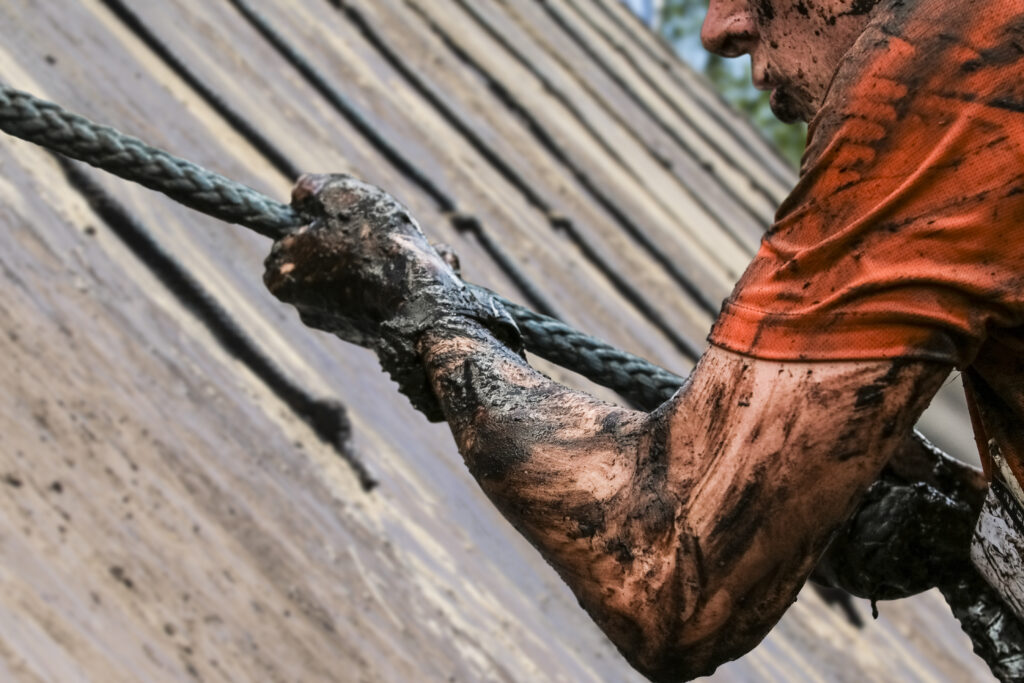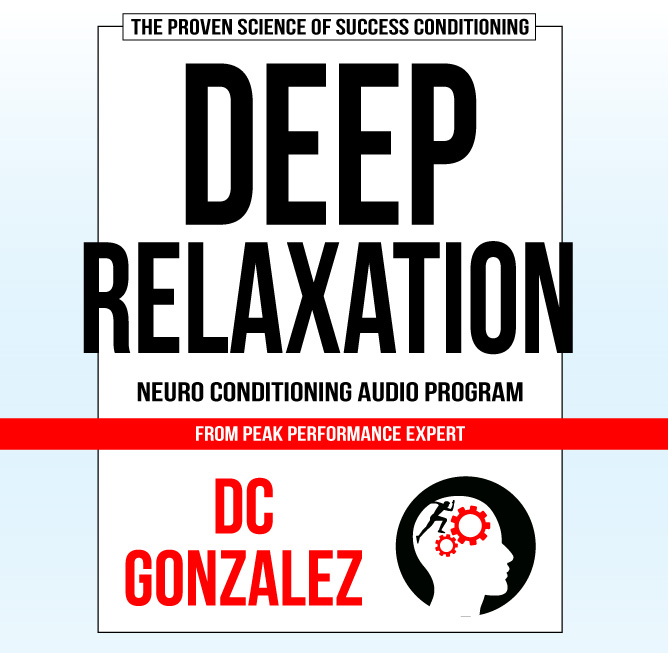Do you want to know how to build mental toughness for athletes? As an unwavering athlete, it’s probable that you are already aware of the importance of physical training and practice to reach the apex of performance. Nevertheless, what you may not comprehend is that mental toughness is equally imperative to your accomplishments on the field, court, or track. In reality, countless of the world’s top athletes attribute their success to their capability to maintain a robust mental game.
In this article, we will scrutinize some excellent strategies and techniques for how to build mental toughness for athletes, and triumphing over commonplace mental predicaments in sports. By applying the sagacity and advice from experts such as Dr. Jim Afremow, a sports psychology specialist and author of “The Champion’s Mind,” and performance coach Tony Robbins, you can develop the mental toughness indispensable to take your game to the next level.
Therefore, let’s plunge into the depths and examine the key measures you can undertake for how to build mental toughness for athletes and attain your full potential as an athlete.

Strategies for Building Mental Toughness
Here are some ways for athletes to strengthen their minds:
1. Set Specific and Attainable Goals for Building Mental Toughness
Having specific, attainable goals is the single most effective way to strengthen mental fortitude. When an athlete has clear goals in mind, he or she may provide 100% effort in every competition. For maximum efficiency, set objectives that are specific, attainable, quantifiable, and time-bound.
2. Concentrate on Cultivating a Cheerful Attitude
This is yet another important approach for increasing brain ability. Athletes should not dwell too much on their flaws and disappointments. A positive attitude entails, in addition to surrounding themselves with positive people and experiences, practicing appreciation and self-compassion, and developing resilience and self-confidence, the following:
3. Accept Defeat as a Learning Opportunity
In sports, one of the most important parts of building mental toughness is being able to accept defeat. Kids shouldn’t be afraid to make mistakes because they are a part of learning and can help them grow as people. Athletes who see mistakes and setbacks as opportunities to learn are more likely to get through tough times and improve as competitors.
4. Physical Exercise Contribute to Building Mental Toughness
Having a healthy body is essential for developing a robust intellect. Athletes who regularly exercise report psychological and physiological benefits. Strength training, cardiovascular exercise, and yoga are just a few ways in which athletes can strengthen their minds and bodies for peak performance.
5. Visualization is a Tool for Building Mental Toughness for Athletes
Finally, visualization is a strategy that involves imagining yourself succeeding, which can boost confidence and reduce worry. Mindfulness, on the other hand, is the discipline of paying attention without judgment to one’s thoughts and emotions. This can make you feel less anxious and improve your ability to concentrate.
Building mental toughness takes time, effort, and perseverance. Athletes, on the other hand, can build the required strength, concentration, and determination to overcome hurdles, stay motivated, and achieve their goals if they use these training methods. As a result, if you want to be an athlete, pay great attention and enjoy improving your mental toughness. Everything pays off in the end!

Overcoming Mental Challenges in Sports
As a highly competitive athlete, mental challenges are generally inevitable, and the ability to overcome them is critical to building mental toughness. Common mental challenges that athletes face include pressure, distractions, and pre-competition nerves. Here are some strategies that athletes can use to overcome these challenges:
Building Mental Toughness for Athletes and Dealing with Pressure:
- Visualizing success: Athletes can use visualization techniques to imagine themselves performing at their best, which can help to build confidence and reduce anxiety.
- Focusing on the process, not the outcome: Instead of focusing solely on the end result, athletes can focus on the steps they need to take to achieve their goals. This can help to reduce pressure and increase focus.
- Controlling your breathing: Breathing exercises can help to calm the mind and reduce anxiety, making it easier to stay focused and in control.
Mental Toughness for Athletes Helps Stay Focused and Concentrated:
- Avoiding distractions: Athletes can minimize distractions by focusing on their game plan, staying in the moment, and blocking out external stimuli.
- Staying present at the moment: Athletes can use mindfulness techniques to stay present at the moment, which can help to reduce anxiety and increase focus.
- Maintaining a routine: Having a consistent pre-game routine can help athletes to stay focused and in the right mindset.
Building Mental Toughness for Athletes and Managing Pre-Competition Nerves:
- Developing a pre-competition routine: Having a consistent routine before competitions can help to reduce anxiety and build confidence.
- Positive visualization: Like with dealing with pressure, visualizing success can help athletes to stay calm and confident.
- Controlling your thoughts: By replacing negative thoughts with positive ones, athletes can stay focused and confident, even in high-pressure situations.
By incorporating these strategies into their mental game, athletes can overcome mental challenges and build resilience, ultimately leading to significantly improved performance on the field.
Conclusion
In conclusion, developing mental toughness is a crucial aspect of an athlete’s training. By setting specific, measurable, achievable, relevant, and time-bound (SMART) goals, maintaining a positive mindset, embracing failure, improving physical fitness, and practicing mental exercises, athletes can build resilience and overcome mental challenges.
Some common mental challenges that athletes face include pressure, distractions, and pre-competition nerves. Strategies for overcoming these challenges include visualization techniques, focusing on the process rather than the outcome, controlling breathing, avoiding distractions, staying present at the moment, maintaining a routine, developing a pre-competition routine, positive visualization, and controlling thoughts. Mental toughness is a journey that requires effort and dedication, but the rewards are worth it.






